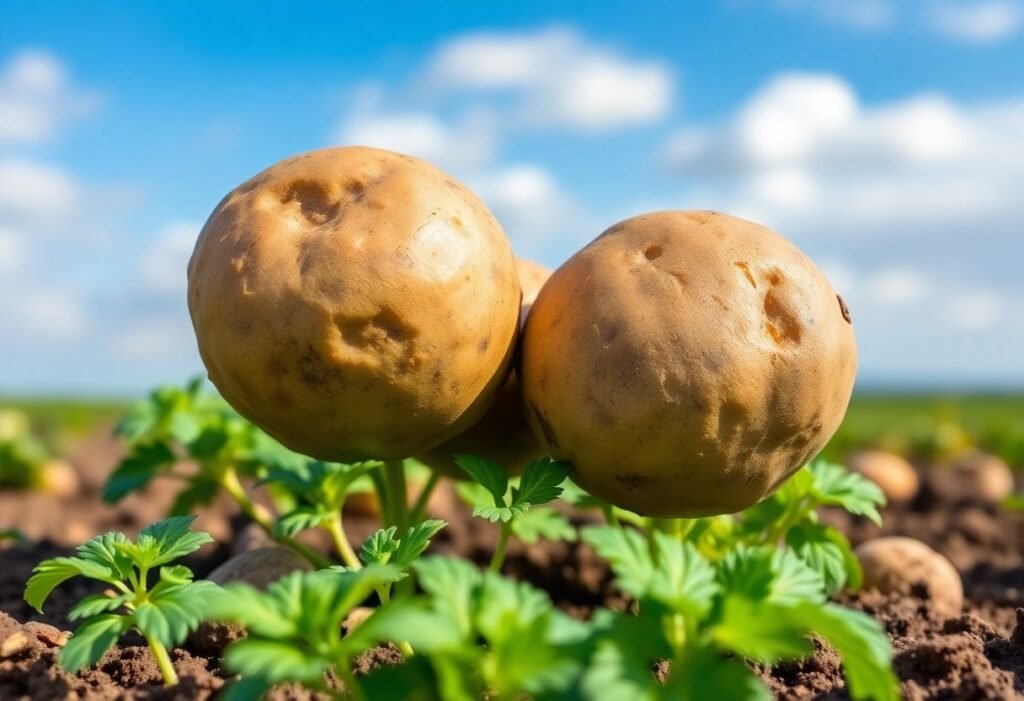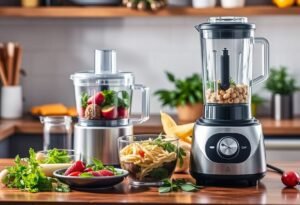Types of Fertilizers for Potatoes
The best fertilizer for potatoes can be divided into several categories. Organic fertilizers, such as compost or manure, are fantastic for those who prefer natural gardening methods. On the other hand, synthesized fertilizers can provide plants with a quick and concentrated dose of nutrients. Additionally, you might want to consider slow-release fertilizers, which gradually release nutrients, benefiting your plants throughout their growth cycle.
Why Fertilizers Matter
Have you ever wondered how important fertilizer truly is? The right fertilizer is essential not only for maximizing yields but also for maintaining soil health. Fertilizers enhance microbial activity in the soil, leading to improved water and nutrient absorption by plants. As a result, by using the best fertilizer for potatoes, you can ensure better yields and tastier potatoes.
Essential Nutrients for Potatoes
While selecting fertilizer, pay attention to its nutrient composition. Potatoes notably require nitrogen, phosphorus, and potassium. Nitrogen promotes leaf growth, phosphorus is responsible for root development, and potassium influences the quality of the harvest. The right nutrient balance can significantly improve both the yield and flavor of your potatoes.
How to Apply Fertilizer for Potatoes
Knowing how to apply fertilizer is just as important as selecting it. To achieve the best results, the best fertilizer for potatoes should be applied during the planting phase and throughout the growing season. Be sure to follow manufacturer instructions for dosage to avoid harming your plants. Remember, applying too much fertilizer can lead to soil issues and hinder growth.
The Impact of Soil pH on Potato Fertilization
Soil with the right pH is key for effective nutrient absorption by plants. The ideal pH for potatoes ranges from 5.5 to 6.5. If your soil is too acidic or alkaline, it can negatively affect fertilizer effectiveness. Testing soil pH and adjusting fertilizers accordingly can greatly enhance your growing results.
Natural Methods of Fertilization
Not every gardener opts for chemical fertilizers. Natural fertilization methods, like using legumes, can be a great alternative. These plants have the ability to fix nitrogen from the air, enriching the soil. Compost and manure are also effective methods that support soil health and improve soil structure, leading to better yields.
Conclusion
In conclusion, choosing the best fertilizer for potatoes is critical for achieving success in your gardening efforts. Understanding the needs of your plants, selecting the right nutrients, and applying them correctly all influence the quality of your harvest. Don’t hesitate to experiment with different fertilizers to find what works best for you and your soil. With the right fertilization, this remarkable crop can provide you with delicious and healthy harvests for months to come!
Disclaimer This article is for informational purposes only and does not substitute for professional advice. Consult a gardening expert if you have questions.

















